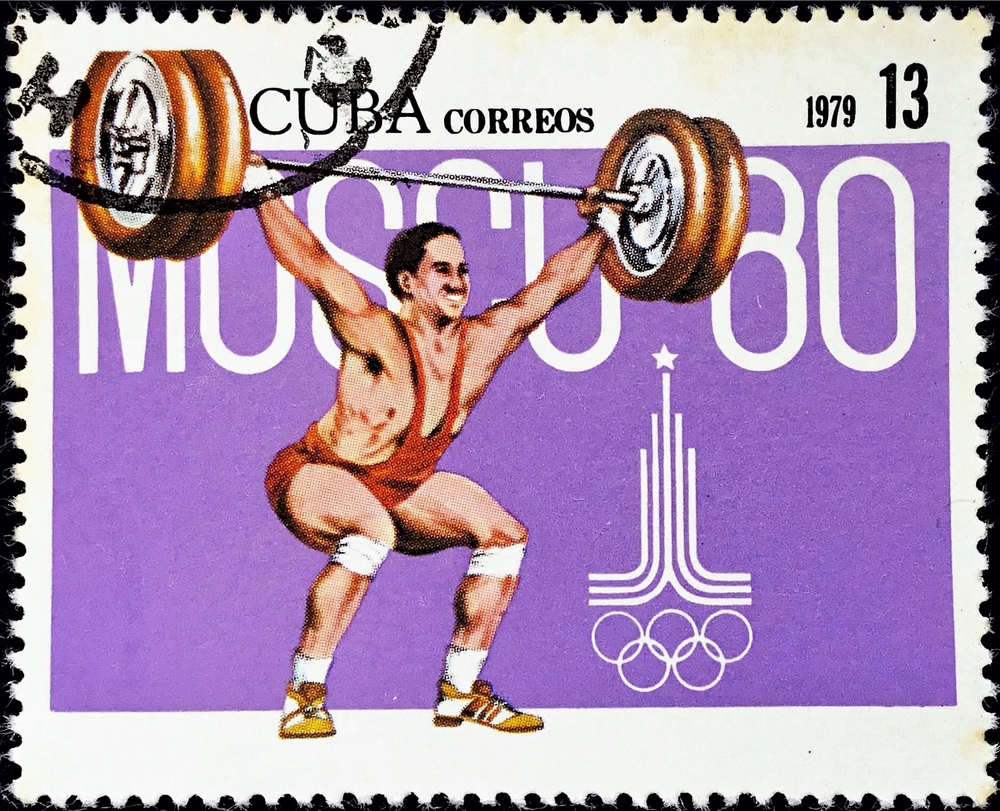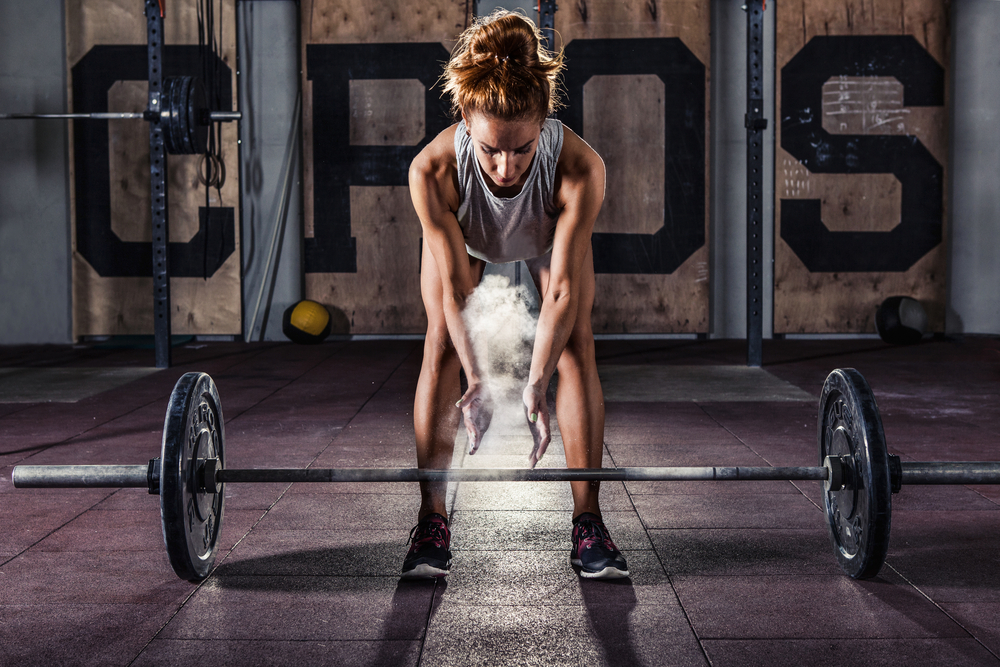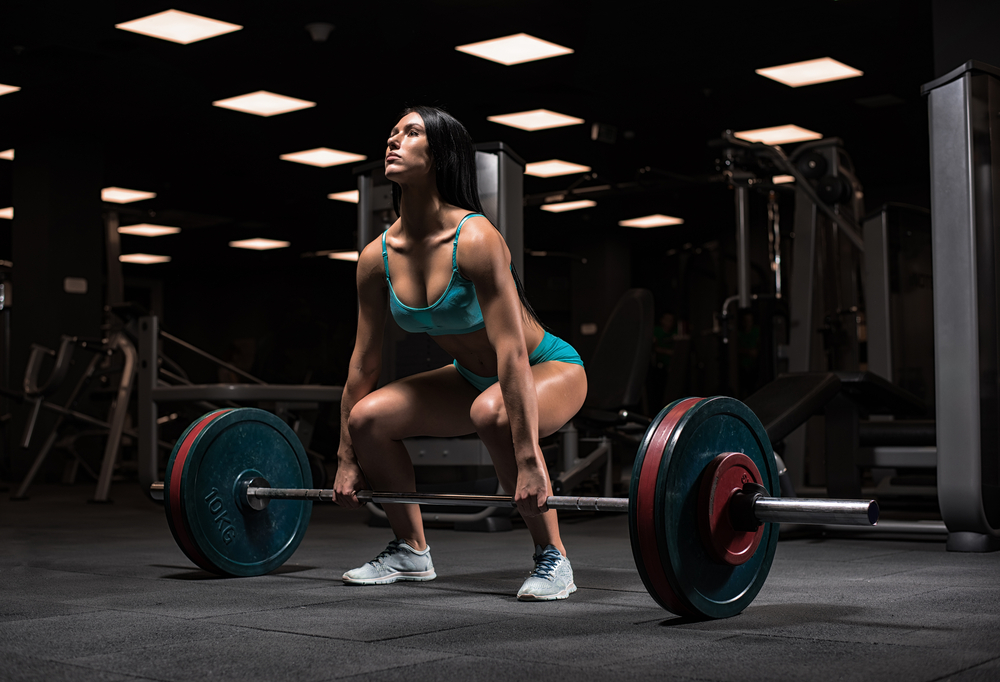Male athletes have long dominated powerlifting in the sports world. But there has been an amazing change as more and more women take the stage, shattering barriers, defying expectations, and reinventing what it means to be a force to be reckoned with in the lifting community. This article examines the difficulties women have encountered, celebrates their success in the sport, and emphasizes the positive changes they are bringing about in both society and powerlifting.
Historical Angle
Weightlifting and strength training were traditionally viewed as primarily male sports, with little room for female competitors. As time has gone on, society expectations and perceptions have gradually changed, creating more opportunities for women to take powerlifting seriously. This change is indicative of a more general shift in society, where stereotypes and gender norms are being questioned in a number of fields.

Dispelling Preconceptions
In addition to smashing records, female powerlifters are dispelling stereotypes. A new narrative that celebrates strength, resiliency, and women’s ability to succeed in a sport traditionally dominated by men has replaced the notion that lifting heavy weights is only for men.
Challenges Faced
Notwithstanding the advancements, there are still obstacles facing female powerlifters. There are still preconceived notions about femininity and what society expects of women in terms of behavior and appearance. In addition to the physical demands of the sport, female powerlifters frequently have to deal with prejudice and misconceptions from society.
Positive Transformation
In powerlifting, women are change agents as well as competitors. By being there, they are encouraging a more diverse and inclusive community while also challenging the established norms within the sport. Powerlifting is evolving into a sport where strength is valued regardless of gender as more women participate in it.
Effects on Empowerment and Body Image
Women’s empowerment and a positive body image are promoted by powerlifting. The emphasis switches from adhering to unattainable beauty standards to valuing fortitude, resiliency, and individual success. Female powerlifters are role models who encourage others to put their own well-being, strength, and confidence above social norms.
Building Communities
Powerlifting women are building a sense of camaraderie and unity. Social media, regional groups, and worldwide contests are how female powerlifters communicate, exchange stories, and encourage one another. More women joining and succeeding in the sport is largely due to the supportive atmosphere this sense of community fosters.
Motivating the Upcoming Generation
The inspiration that female powerlifters provide to the upcoming generation is one of their biggest contributions. Young girls now view powerlifting as a sport in which they can succeed rather than as something that is only done by men. Girls are inspired to participate in strength sports by seeing women powerlifting, which creates a new generation of strong, independent athletes.
Institutional Recognition and Assistance
There is now more institutional support and recognition for women who powerlift because of their increased visibility in the sport. Female powerlifters’ accomplishments are being recognized by media, sponsors, and sporting organizations more frequently, which helps to validate their participation in the sport and foster its expansion.
Handling Cultural Changes
Even though more women are participating in powerlifting, obstacles still exist. Some traditionalists might object to the changes and hold onto antiquated ideas about gender roles. Powerlifters who are female must negotiate these cultural changes by fighting for equality and exposing prejudices in both the sport and society at large.
The Prospects for Female Powerlifters
The future appears bright as more female powerlifters continue to enter the sport. Growing participation and changing public perceptions indicate that women will likely continue to be essential in determining the direction of the sport. The position of women in powerlifting will become even more entrenched with continued support for inclusivity, gender equality, and recognition.

In summary
The increase in female powerlifting competitors is evidence of the tenacity and resolve of athletes who defy social norms. These women are changing the narrative and demonstrating that strength is genderless in addition to shattering records. By honoring female powerlifters, we also celebrate a larger cultural movement that values and acknowledges women’s strength, ability, and empowerment in all spheres of life.
Beyond the weight room, women’s powerlifting has a profound impact on society, upending stereotypes and changing attitudes. The influence that female powerlifters have on the sport and society at large is growing along with the community. Women in powerlifting encourage a new generation to embrace strength, confront stereotypes, and rethink what it means to be a powerful force in sports and beyond by shattering barriers and inspiring change.

